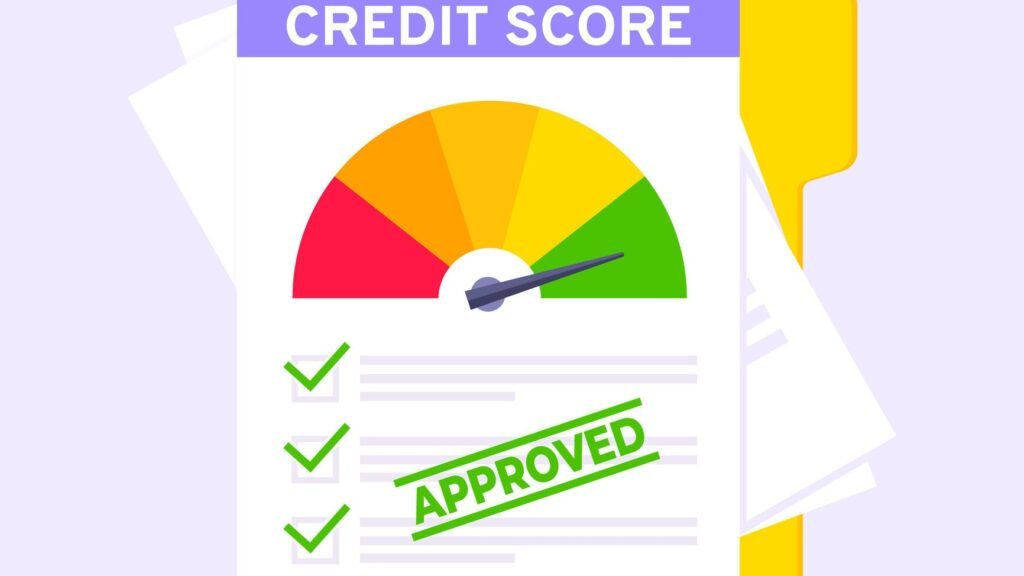
Understanding Your Financial Goals
In order to achieve financial success, it is crucial to have a clear understanding of your financial goals. Financial goals serve as a roadmap that guides your financial decisions and actions. They provide a sense of direction and purpose to your financial journey.
When setting financial goals, it is important to be specific and realistic. Ask yourself what you want to achieve financially in the short term and long term. Do you want to pay off debt, buy a house, save for retirement, or start your own business? By identifying your financial goals, you can prioritize your efforts and allocate your resources effectively to achieve them. Remember, financial goals should be personal and aligned with your values and aspirations. By having a clear vision of what you want to accomplish, you can take proactive steps towards making it a reality.
Assessing Your Current Financial Situation
To effectively manage your finances, it is crucial to assess your current financial situation. This assessment provides a snapshot of your current financial health and helps determine the appropriate steps to achieve your financial goals. Start by gathering all relevant financial documents, such as bank statements, credit card statements, and investment account statements. This documentation will assist in evaluating your income, expenses, assets, and liabilities.
Once you have gathered your financial documents, take the time to review and analyze them carefully. Begin by assessing your income sources, which may include salary or wages, rental income, or investment dividends. Consider both your regular income and any additional sources that contribute to your financial portfolio. Next, examine your expenses to identify where your money is going. Categorize your expenses into fixed costs, such as mortgage or rent, utilities, and insurance, as well as variable costs, such as groceries, entertainment, and transportation. By assessing your financial situation in detail, you can gain a comprehensive understanding of your current income and expenditure patterns.
Identifying Income Sources and Expenses
One fundamental step in managing your finances effectively is identifying your income sources and expenses. By understanding where your money comes from and where it goes, you gain a clear picture of your financial situation and can make informed decisions.
To start, make a comprehensive list of all your income sources. This may include your salary, investment returns, rental income, or any other sources of money coming into your bank account regularly. Ensure that you include all sources, even if they may appear small or infrequent; every dollar counts. Once you have a complete list, calculate your total monthly income by adding up all the amounts. This will give you a baseline figure to work with for budgeting and financial planning.
Now that you have identified your income sources, it is time to turn your attention to your expenses. Begin by categorizing your expenses into broad categories such as housing, transportation, food, healthcare, entertainment, and debt repayments. Within each category, break down the expenses into specific items like rent/mortgage, utilities, grocery bills, dining out, subscriptions, loan payments, and so on. Having a detailed breakdown of your expenses allows you to see where your money is being spent most and identify areas where you can potentially cut back or optimize. Once you have listed all your expenses and assigned them to the relevant categories, calculate your total monthly expenses. This will give you a clear understanding of how much money you are currently spending and where the majority of your expenses lie.
Understanding your income sources and expenses is a critical step towards achieving financial stability and reaching your financial goals. By knowing how much money you have coming in and where it is going, you can make informed decisions about budgeting, saving, and investing. Taking the time to identify these key financial aspects will pave the way for better financial management and a more secure future.
Creating a Realistic Budget
Effective budgeting is a vital component of achieving financial stability and reaching your long-term goals. By creating a realistic budget, you gain better control over your income and expenses, allowing you to make informed financial decisions. When developing a budget, it is essential to take into account your income sources and expenses, ensuring that your budget is practical and achievable.
Start by listing all your sources of income, including your salary, investments, and any additional sources of financial support. Be sure to include both regular and irregular income to get an accurate picture of your earning potential. Next, thoroughly examine your expenses, categorizing them into fixed and variable costs. Fixed expenses typically include rent or mortgage payments, utility bills, and loan installments. Variable expenses encompass discretionary spending, such as entertainment or dining out. By meticulously documenting your income and expenses, you can identify areas where you may need to cut back or allocate more funds, thereby establishing a balanced and realistic budget.
Tracking and Monitoring Your Spending
One key aspect of managing your finances effectively is tracking and monitoring your spending. This allows you to gain a clear understanding of where your money is going and identify any areas where you may be overspending or not allocating your funds wisely. By tracking your expenses, you can see patterns and trends in your spending habits and make informed decisions to improve your financial situation.
The first step in tracking your spending is to keep a detailed record of all your expenses. This can be done manually by keeping receipts and recording each expenditure, or by using digital tools such as budgeting apps or spreadsheets. Make sure to categorize your expenses, such as housing, utilities, groceries, entertainment, and transportation, to get a comprehensive overview of your spending habits. Regularly reviewing this record will enable you to stay accountable for your spending and make adjustments as needed to align with your financial goals.
Saving and Investing for the Future
When it comes to securing your financial future, saving and investing are key strategies to consider. By setting aside a portion of your income and making wise investment decisions, you can build wealth and ensure a comfortable retirement. However, it is important to approach saving and investing with a clear plan and realistic goals.
To begin, evaluate your current financial situation and determine how much you can afford to save on a regular basis. Consider your income sources and expenses, and identify areas where you can cut back or save more. Creating a monthly budget can be useful in this process, as it helps you track your spending and identify potential areas for savings. Once you have determined your saving capacity, it is time to evaluate various investment options and determine the best way to grow your wealth over time. Whether you choose to invest in stocks, bonds, real estate, or other assets, it is important to conduct thorough research and seek professional advice to make informed decisions. Remember, saving and investing for the future requires discipline, patience, and a long-term perspective.


